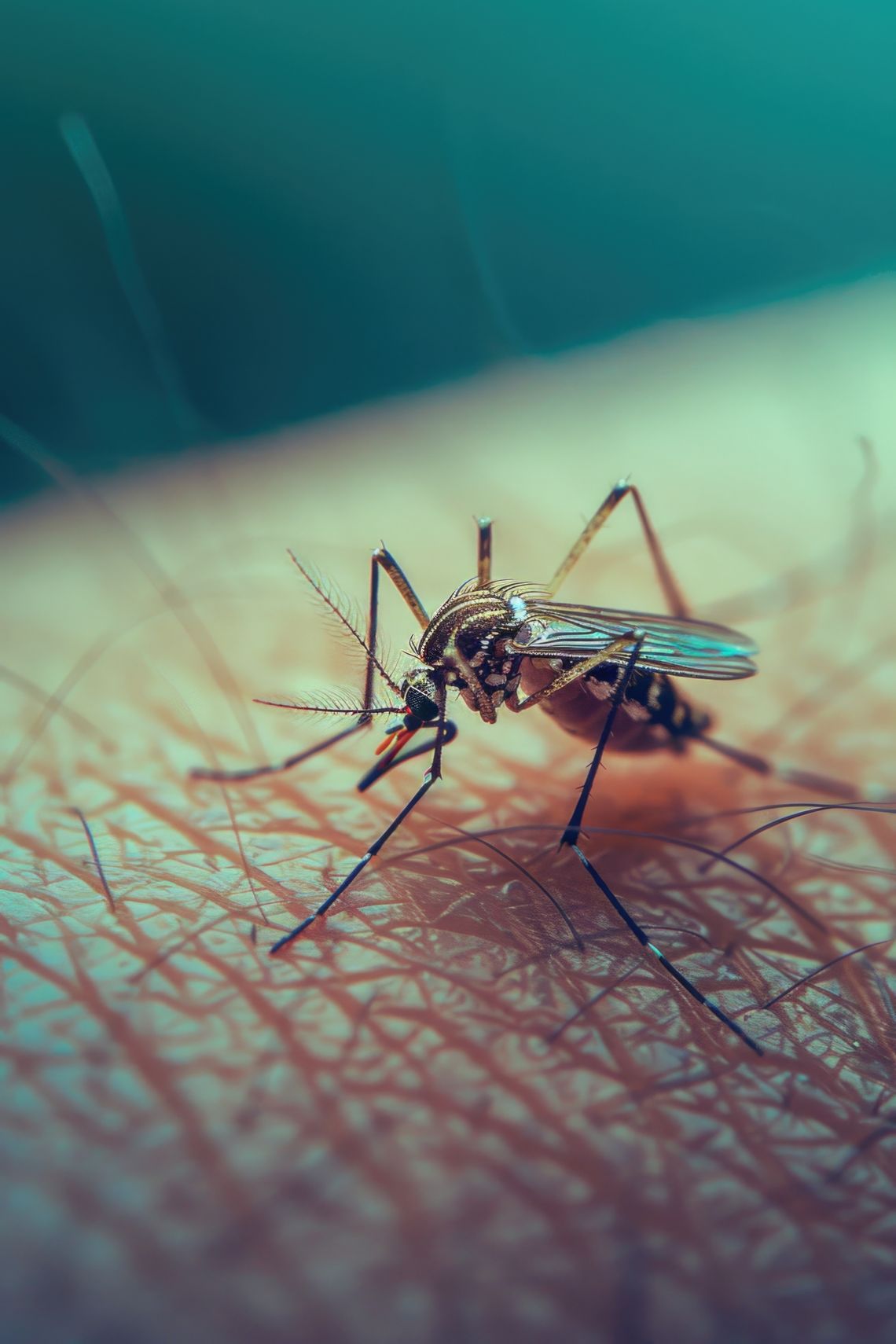On Friday, the Williamson County Cities and Health District has notified the city that a mosquito trap sample collected in Taylor has tested positive for West Nile Virus.
The positive sample was taken from a trap site near North Drive and T.H. Johnson Drive July 2.
This testing is part of the WCCHD’s Integrated Vector Management program, which through surveillance, control, prevention and education, aims to prevent human infection of mosquito-borne diseases. The positive tests were confirmed in lab results received July 5.
The last date a positive sample was collected in Taylor was at a location in Murphy Park in August 2023.
Since testing began for the 2024 season, five mosquito samples have tested positive for West Nile virus across Williamson County. In 2023, there were 35 mosquito trap samples that returned positive samples for West Nile virus in Williamson County. There was one human case of West Nile virus reported in Williamson County in 2023.
Symptoms of infection may include fever, headache and body aches, a skin rash on the trunk of the body and swollen lymph nodes. Those aged 50 and older and/or with compromised immune systems are at a higher risk for severe symptoms, which may include stiffness, disorientation, coma, tremors, vision loss, paralysis and in rare cases, death.
The most important way to prevent West Nile virus is to reduce the number of mosquitoes where people live, work and play. Health officials strongly encourage everyone to remain vigilant about protecting themselves from mosquito bites and preventing mosquito breeding on their personal property. Mosquitoes breed in standing water, needing as little as one teaspoon. By draining all sources of standing water in and around your property, you reduce the number of places mosquitoes can lay their eggs and breed.
What you can do:
Eliminating places where mosquitoes can breed and reducing the chances of mosquito bites are the most effective lines of defense against exposure to West Nile Virus. As part of its Fight the Bite campaign the Health District recommends the 3 Ds of mosquito safety:
Drain standing water in flowerpots, pet dishes, or clogged gutters so mosquitoes don’t have a place to breed and treat water that can’t be drained.
Defend by using an EPA-registered insect repellent.
Dress in long sleeves and pants when outdoors.
For more information, go to the WCCHD website at www.wcchd.org or visit the Texas Department of State Health Services West Nile website at txwestnile.org. WCCHD also has a Mosquito Surveillance Dashboard that shows positive trap locations on a map and other information that can be accessed on the WCCHD Mosquito Surveillance Dashboard at arcgis.com.




